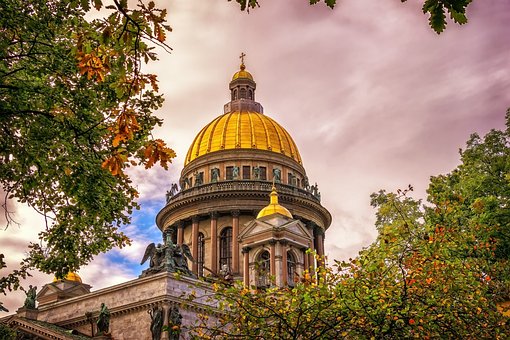How to study Russian more easily?
Russian is an East Slavic language native to the Russians in Eastern Europe with over 258 million total speakers worldwide. It is an official language in Russia, Belarus, Kazakhstan, Kyrgyzstan, and is used widely throughout the Caucasus, Central Asia, and to some extent in the Baltic states. Russian belongs to the family of Indo-European languages, one of the four living members of the East Slavic languages alongside, and part of the larger Balto-Slavic branch.
Russian was the de facto language of the Soviet Union until its dissolution on 26 December 1991. Russian is used in an official capacity or in public life in all the post-Soviet nation-states. Russian is the largest native language in Europe, and the most geographically widespread language in Eurasia. Large numbers of Russian speakers are residents of other countries like Israel, Tajikistan, Moldova, Gagauzia, Abkhazia, South Ossetia, Transnistria and Mongolia.It is also recognised as a minority language in Romania, Finland, Norway, Armenia, Poland, the Czech Republic, Slovakia, Turkmenistan and Uzbekistan.
Russian is the seventh-most spoken language in the world by a number of native speakers and the eighth-most spoken language in the world by a total number of speakers. The language is one of the six official languages of the United Nations. Russian is also the second-most widespread language on the Internet, after English.
The earliest known writing in Russia dates from the 10th century and was found at Novgorod. The main languages written on them in an early version of the Cyrillic alphabet were Old Russian and Old Church Slavonic. There are also some texts in Finnish, Latin and Greek. Russian started appearing in writing regularly during the reign of Peter the Great (a.k.a. Peter I) (1672-1725) who introduced a revised alphabet and encouraged authors to use a literary style closer to their spoken language. The ‘Moscow dialect’ was used as the basis for written Russian. Russian literature started to flower during the 19th century when Tolstoi, Dostoyevskii, Gogol and Pushkin were active. During the Soviet era knowledge of the Russian language was widespread though the subjects authors could write about were restricted.





